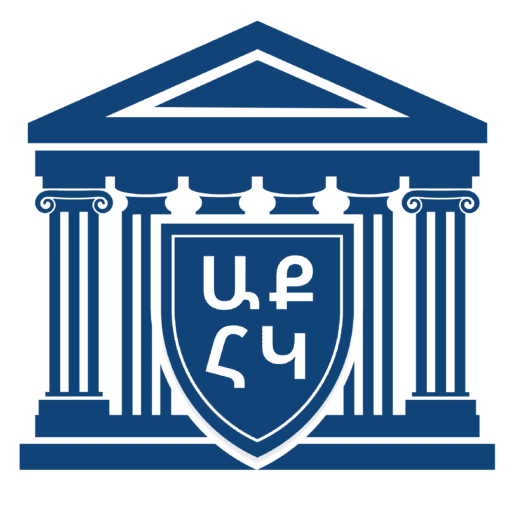In the next episode of the “Dilemma” podcast, dedicated to security issues, these questions are analyzed by Narek Galstyan, PhD in Political Science and Associate Professor; David Stepanyan, an associate expert at the Armenian-Russian International University; and Areg Kochinyan, head of the Research Center on Security Policy.
- What is the world order, and what changes has it undergone in recent years?
- Are we now living in a multipolar world?
- What is currently dominant: the liberal value system or realpolitik?
- Can Armenia rely on the concept of small states?
- Was the war in Ukraine the main catalyst for these changes?
- What is the primary method for clarifying relations between states now: power or law?
Narek Galstyan
“Unlike previous world orders and models, we are witnessing a combination of globalization and regionalization processes.”
Davit Stepanyan
“I do not think that Russia currently has a real ambition to become a part of the world order. It has too few resources for that.”
“In this fluid situation, conflicts and wars are the number one tool for shaping ‘realpolitik,’ which poses a significant danger, especially for countries like Armenia.”
Areg Kochinyan
“In general, the role of the state is not to eliminate problems; they have always existed and will continue to exist. The main indicator of a state’s success or failure is how it relates to the problems it faces.”

